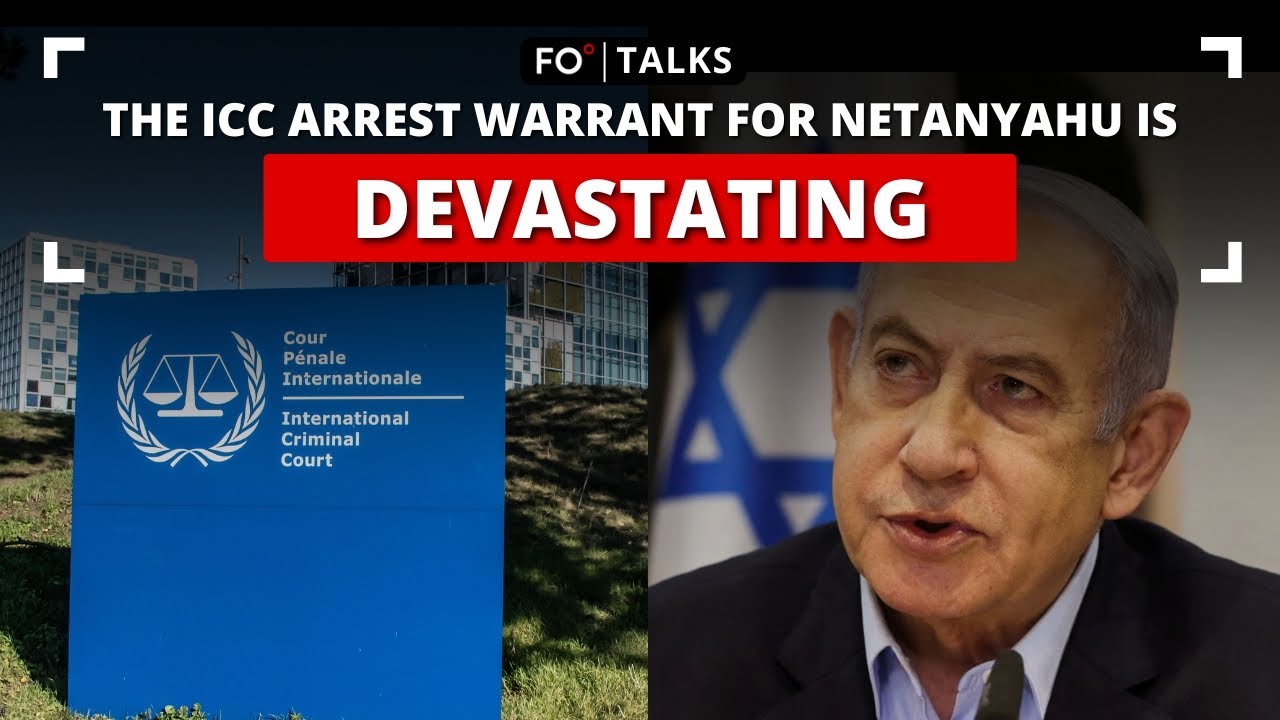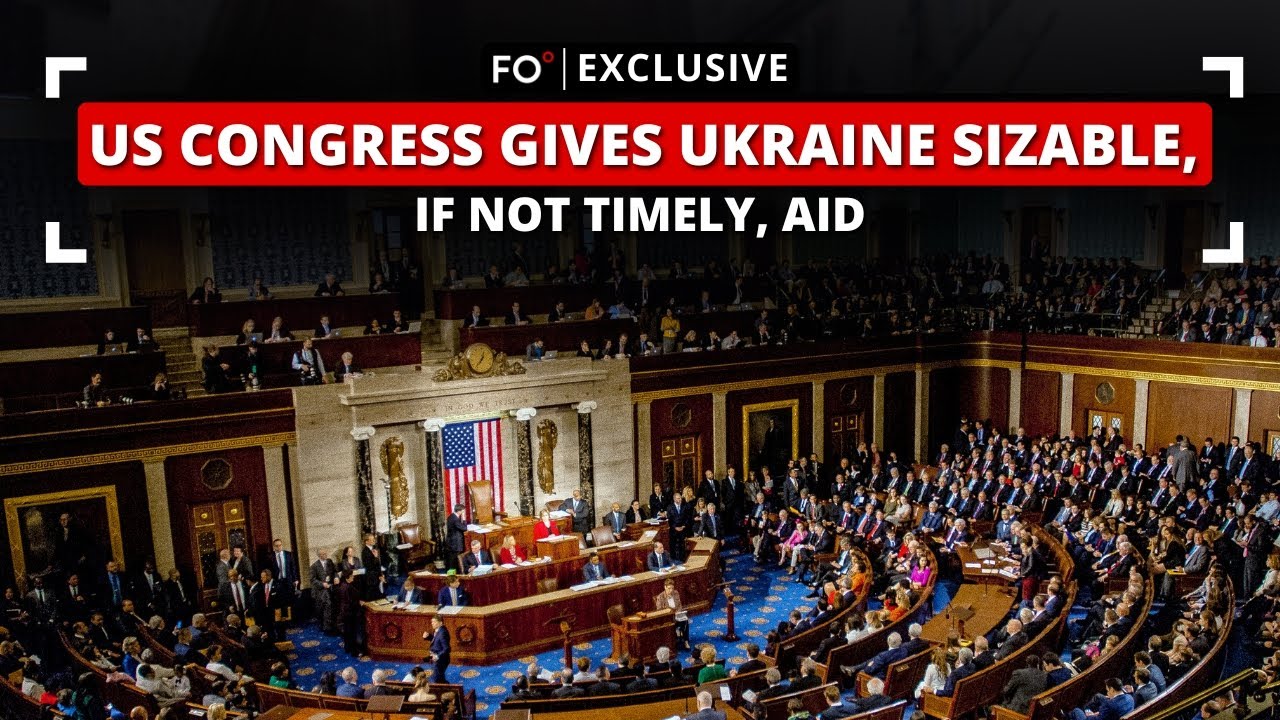Since 2011, geopolitical influence in the Middle East has shifted toward wealthy Gulf states. Saudi Arabia, the United Arab Emirates and Qatar's ambitious foreign policy agendas have shaped the region, as has the division between them.
Since 2011, geopolitical influence in the Middle East has shifted toward wealthy Gulf states. Saudi Arabia, the United Arab Emirates and Qatar's ambitious foreign policy agendas have shaped the region, as has the division between them.




















Fair Observer, 461 Harbor Blvd, Belmont, CA 94002, USA
Saved Successfully.
This article saved into your bookmarks. Click here to view your bookmarks.
My Bookmarks